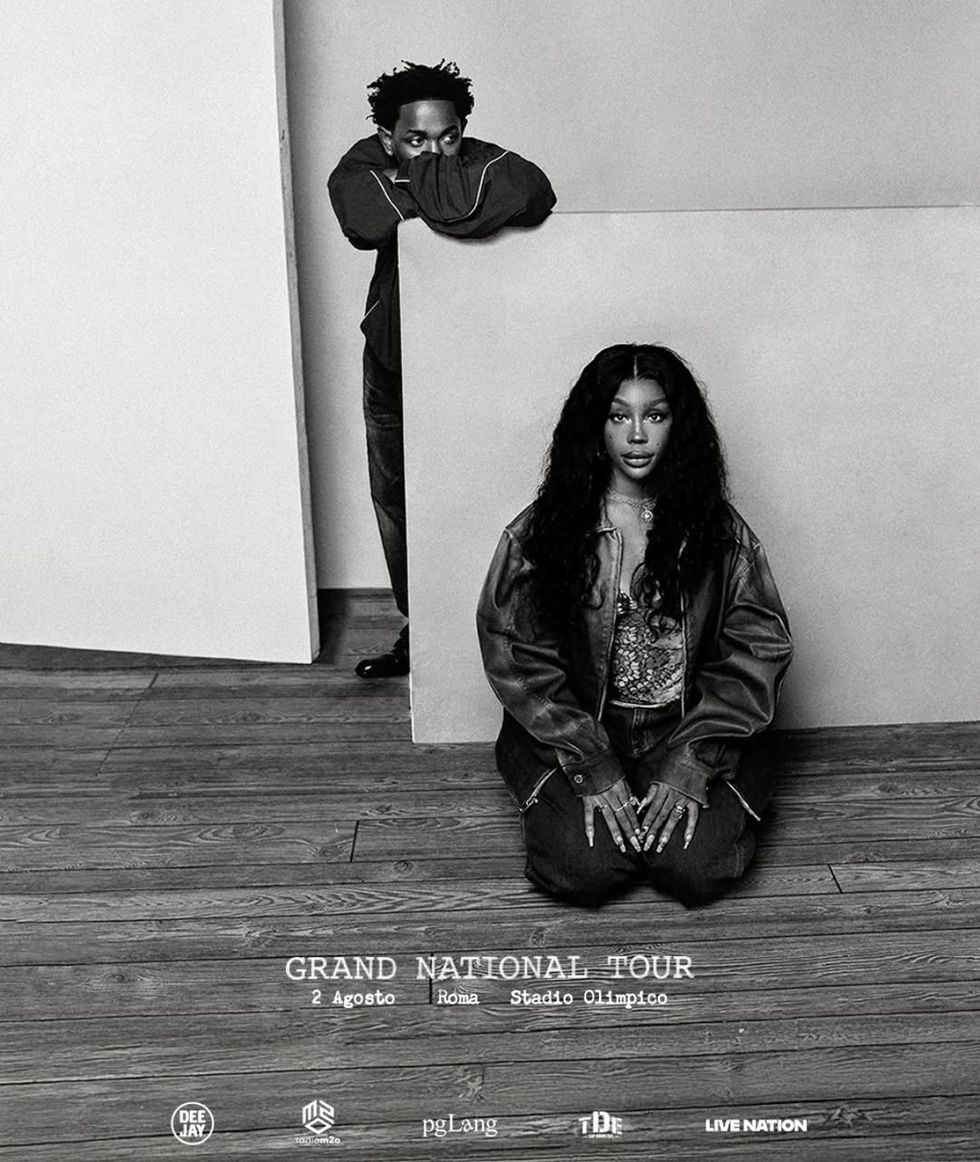THE Royal Horticultural Society (RHS) has an upbeat Diwali message for Eastern Eye readers – they, too, can be part of the fight against climate change in Britain if each one plants a tree and strives for a greater diversity of plants, vegetables, flowers and wildflowers as well as creepers in their respective gardens.
Wide-ranging plans were unveiled for the 2024 RHS Chelsea Flower Show against an intensifying water crisis – wetter winters leading to frequent flooding and hotter, drier summers.
One of the highlights at Chelsea earlier this year was the RHS/ Eastern Eye “Garden of Unity”.
At Chelsea next year there will be the “RHS No Adults Allowed Garden”, designed by pupils from the Sullivan School in Fulham in London. As an entire group from the school turned up at the RHS headquarters at Vincent Square in London on Monday (30), the RHS director-general, Clare Matterson, said: “Children gardening and growing plants is both joyous and good for learning, development and health and wellbeing.”
The water crisis was analysed by a senior Meteorological Office scientist, Freya Garry, who said, “A longer term rise of 1.5ºC or more is currently the most likely scenario for our future climate.
“The top 10 hottest years in the UK have occurred within the past two decades. In July last year, we saw 40ºC for the first time. Six of the 10 wettest years in the UK have also occurred since 1998. Since 2009, the UK has experienced its wettest February, April, June, November and December on record.”
What Eastern Eye readers can do was set out in an exclusive interview with Sheila Das, who has a wide range of responsibilities at the RHS garden at Wisley in Surrey.
“My job title is general manager, education, edibles and members’ seed scheme and wellbeing”.
Eastern Eye readers would join a national effort: “We estimate there are 23 million gardens and something like 29 million gardeners. It does make a difference.”
She talked about the growing popularity of water butts: “You can attach it to a downpipe to collect water coming off a roof. The typical one is 210- 220 litres. Imagine 23 million gardens, each collecting over 200 litres. You’re going to save a lot of water. Collecting water to use on your garden is really powerful, really positive.”
Das is the perfect person to talk about “introducing diversity into your garden”.
She fondly recalled her late father, Kalyan Das, “who came from Calcutta (now Kolkata) and married my mother who is English”.
She offered some practical tips: “The first thing to understand is what sort of garden you’ve got.
How much light does it get? Which way does it face? That will affect whether you choose sun-loving or shade-tolerant plants.
“Obviously, you need to understand your soil. Imagine your lawn. You don’t have to have just grass in a lawn. You could include things that traditionally pop up in lawns like dandelions and daisies.
You can mow over those.
“Also, clover in your lawn can be a really good thing. The clover will often stay green when the grass goes brown.
“Moving on, you think about your borders and beds. You don’t have to have just a layer of herbaceous plants that die down in the winter – you can mix in smaller shrubs, maybe to knee height.
Those sorts of shrubs will give you structure in the winter as well.
And then slightly larger shrubs, and then to smaller trees, and then to bigger trees.
“But it’s going to depend on the space that you’ve got. Don’t forget all of your vertical spaces, your fences and your walls. You can grow things on those. You can have plant cover around most of your garden.”
Das explained how garden diversity reduced the risk of flooding: “Now, that’s the diversity above ground. But what that’s doing is creating diversity below the ground as well. In your lawn, for instance, it’s better to have that kind of mixture because you’ll have all sorts of roots going down to different depths in the soil. And what that means is that they’re keeping the soil healthy. They will be feeding all sorts of different soil life, creating lots of channels for water and air to get down.
“That’s really helpful. That helps in water and air capture, and it helps to lock up nutrients, as well.
And the same principle goes into your borders. The healthier your soil with a wide variety of plant roots in it, the more it will look after itself. Diversity above ground means that you’ll have diversity below ground. And all of that diversity is going to add up to a much more sustainable system.”
These days the RHS discouraged unnecessary digging of the soil. Das pointed out: “The problem with digging the soil is that as soon as you dig, you break up all of the system in the soil.
“Imagine there are all sorts of biology and life going on underground, and lots of fungal networks. There are roots in there, helping water and air to channel through. As soon as you dig the soil, you’re going to break that and you’re back to zero. You’ve got soil that doesn’t function as well. The longer you leave your soil undug, the better it becomes.”
Weeds could simply be pulled out by hand and a sharp instrument used to remove deeper rooted ones. “The top bits of the weeds can go in your compost.”
She suggested having a mix of flowers and vegetables. “You don’t have to have a separate vegetable patch. There’s nothing to stop you planting vegetables in among your flower borders. In fact, in lots of ways, it’s better because it confuses pests. We can be really creative with mixing in vegetables, herbs, fruits into our borders as well – lots of soft fruits like gooseberries and blackcurrants.”
On the choice of trees for small urban gardens in places like Harrow, Ealing, Wembley and Southall, Das said: “First and foremost, it’s about what you want. Actually, this is true of all gardening. If you’re selecting a tree, do I want it to have good autumn colour? Do I want it to have flowers? Does it have nice bark? What size do I want it to be? What size is my garden? More importantly, what will my garden allow me to have?”
Suitable trees could include crab apple, acer griseum or birch – “the botanical name for a birch is a Betula”.
On chemicals, the RHS’s advice is clear – they should not be used.
Das declared: “I’ve not used chemicals in my garden for many, many years. There’s no need for it for the domestic gardener. I can’t speak for agriculture. But we’re definitely starting to understand that chemicals get into all of our water courses. They are injurious to wildlife as well as to our own health. Just get natural predators and wildlife in to manage any pests. If you’ve got healthy soil, you don’t need to feed it.”






 (Photo credit: PTI)
(Photo credit: PTI)










 Kendrick Lamar and SZA commands the stage at Villa Park during his explosive opening setInstagram/
Kendrick Lamar and SZA commands the stage at Villa Park during his explosive opening setInstagram/

 Kap’s Cafe in Surrey was struck by gunfire late at night with staff still insideInstagram/
Kap’s Cafe in Surrey was struck by gunfire late at night with staff still insideInstagram/ Kaps Cafe Instagram Story Instagram Screengrab/
Kaps Cafe Instagram Story Instagram Screengrab/ Kaps Cafe Instagram Story Instagram Screengrab/
Kaps Cafe Instagram Story Instagram Screengrab/